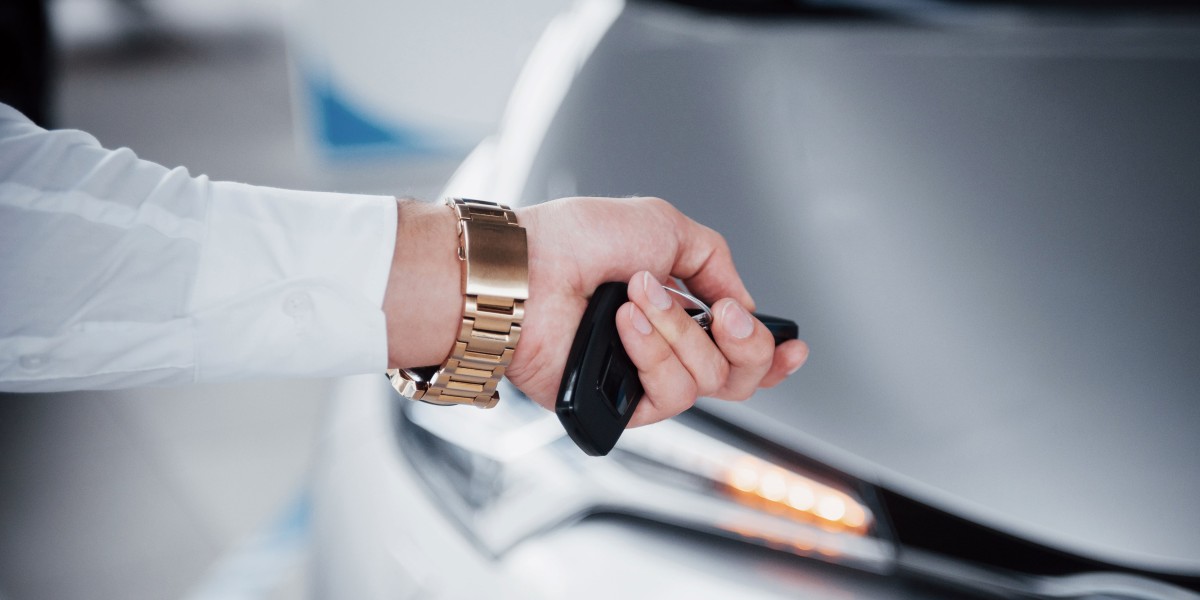Understanding Car Key Replacement: A Comprehensive Guide
The evolution of automotive technology has produced considerable modifications in vehicle security systems, consisting of car keys. From traditional metal keys to intricate electronic fobs, car keys have become essential for vehicle operation and security. As such, the requirement for car key replacement emerges not just from loss or damage, but likewise due to developments in technology. This post aims to offer a thorough understanding of car key replacement, the numerous kinds of keys available, the replacement process, and some often asked concerns.
Types of Car Keys
Before diving into the replacement procedure, it's crucial to comprehend the different kinds of car keys currently in usage. Here's a breakdown:
| Type | Description | Key Characteristics |
|---|---|---|
| Traditional Metal Keys | Simple mechanical keys utilized in older cars. | No electronic components; easily copied. |
| Transponder Keys | Keys with embedded chips that communicate with the car's ignition system. | Provides included security; needs programming. |
| Remote Car Keys | Key fobs with buttons to lock/unlock doors and start the engine from another location. | Battery-operated; usually really secure. |
| Smart Keys | Keyless entry systems that permit for push-button start. | Uses benefit; extremely innovative technology. |
| Valet Keys | Restricted keys that just allow limited access to specific functions. | Normally used by parking services; minimal functionality. |
Factors for Car Key Replacement
Car key replacement can be needed for different factors, consisting of:
- Loss: Losing a car key can develop substantial inconvenience and tension.
- Damage: Keys can break or end up being damaged, rendering them unusable.
- Malfunction: Electronic keys or fobs might malfunction due to battery issues or internal faults.
- Update: Vehicles may be upgraded to more sophisticated security systems requiring new keys.
- Theft: If a car key has been stolen, it is essential to replace it immediately to prevent unapproved access.
The Replacement Process
Changing a car key may appear difficult, however comprehending the actions involved can reduce much of the confusion. Here's a basic outline of the process:
1. Determine the Type of Key Needed
Before you can start the replacement process, you should determine what type of key your vehicle uses. This could be a conventional key, a transponder key, a remote key, or a smart key.
2. Gather Necessary Information
When looking for a replacement, you will typically need the following:
- Vehicle Identification Number (VIN)
- Proof of ownership (such as a title or registration)
- Identification (such as a driver's license)
3. Select a Replacement Method
There are numerous opportunities for obtaining a replacement key:
- Dealerships: The most dependable but normally the most expensive choice. They can configure and cut keys specifically for your vehicle.
- Locksmith professionals: Many locksmith professionals provide car key replacement services at a more competitive rate than dealers. Ensure they are experienced in automotive keys.
- Online Services: Some services enable you to order replacement car Key a replacement key based upon the make and model of your vehicle, though programming might still be required.
4. Key Cutting and Programming
As soon as you've picked a replacement method, the brand-new key will need to be cut and, for the most part, set to deal with your vehicle. This is particularly critical for electronic and clever keys.
5. Checking the New Key
Once the key is cut and configured, be sure to check it completely. Guarantee it can lock and unlock the doors and begin the engine.
Costs of Car Key Replacement
The expense of replacing a car key can vary significantly depending on several factors, consisting of:
- Type of Key: Traditional keys are cheaper than transponder or smart keys.
- Dealership vs. Locksmith: Dealerships usually charge more due to their proficiency and technological resources.
- Configuring Fees: Specialized programming can add costs to the replacement.
Here's an approximated expense breakdown:
| Type of Key | Estimated Cost (Range) |
|---|---|
| Traditional Key | ₤ 10 - ₤ 30 |
| Transponder Key | ₤ 50 - ₤ 250 |
| Remote Key | ₤ 100 - ₤ 300 |
| Smart Key | ₤ 200 - ₤ 500 |
Frequently Asked Questions About Car Key Replacement
1. For how long does it take to replace a lost car key?
The time taken for a key replacement can vary. Dealers may take longer (1-2 hours), while locksmiths might provide quicker service, typically within 30 minutes.
2. Can I replace my car key without the original?
Yes, but it might be more complex. You will likely need your VIN and proof of ownership to obtain a replacement key.
3. Is it safe to purchase keys online?
While there are genuine online services, it's essential to look into the provider beforehand. Ensure they have good reviews and a strong track record.
4. Can I configure a brand-new key myself?
Some vehicle models permit self-programming, however many newer keys need specific tools. Constantly consult your user handbook or an expert.
5. What if my key is broken however still works?
If your key is functional but damaged, it is suggested to replace it to prevent additional damage. A skilled locksmith can assist reproduce and repair it.
In conclusion, car key replacement is a substantial element of modern vehicle ownership that incorporates various kinds of keys, factors for replacements, and processes. With advancements in automotive technology, understanding the various kinds of keys and their replacement treatments makes vehicle ownership smoother and more safe. For anyone facing a car key loss, damage, or the need for an upgrade, this guide serves as a useful resource in navigating the landscape of car key replacement.







